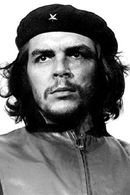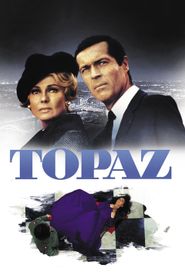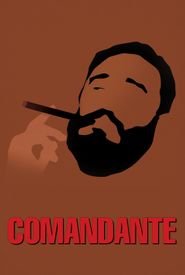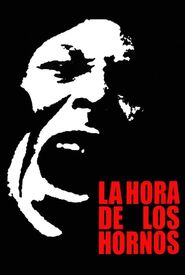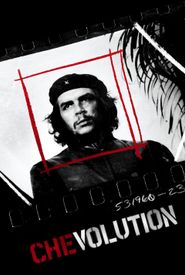Ernesto Guevara de la Serna was born on June 14, 1928, in Rosario, Santa Fe Province, Argentina, to a middle-class family. Disillusioned by the corrupt Argentine military dictatorship, Guevara became a dedicated Marxist during his teenage years.
As a student, he vowed to dedicate his life to revolutionary causes, and in 1953, he received a medical degree from the University of Buenos Aires. Later that year, he left Argentina to participate in a Communist revolt in Guatemala, where he adopted his revolutionary nickname and nom de guerre, "Che," which is the local slang for "pal."
When the revolution in Guatemala failed, Guevara fled to Mexico, where he was introduced to another Communist revolutionary in exile, Fidel Castro. Joining Castro's July 26 Movement, Guevara sailed with Castro and over 80 guerrillas to Cuba, where they landed on December 2, 1956, with the goal of overthrowing General Fulgencio Batista's government.
The invasion force was decimated by a combination of fierce attacks by government troops and air strikes, and Castro, Guevara, and about 10 others fled to the Sierra Maestra mountains of southern Cuba, where they established a base. In July 1957, Che was assigned command of half of Castro's forces and given the rank of Comandante, a title he shared only with Castro himself.
For the next year and a half, Guevara led his insurgents against government forces in the province of Las Villas, aided by the growing hatred of the population for Batista's corrupt and brutal government. Castro's forces were bolstered by help from the local population, and Guevara's attack against and decisive defeat of government forces in Santa Clara in December 1958 sealed the fate of Batista's crumbling government.
After Castro assumed power, Guevara became one of his most trusted advisors and a leading international revolutionary, and he was appointed Minister of Agriculture. In 1960, he wrote a book titled "Guerilla Warfare," a manual for Third World insurgents, as part of his plan to spread Communism throughout the world.
Guevara resigned his government post in Cuba in 1965 and traveled widely to Africa and other insurgent hotspots in the world, including the Belgian Congo, where he organized local Communists in revolts against the colonial government and trained Cuban contingents there.
In November 1966, he surfaced in Bolivia to organize a revolt by local Communist insurgents, but the "revolution" there didn't garner much support from the Bolivian peasantry, most of whom were poorly educated and spoke mostly local indigenous dialects rather than Spanish.
After a long and unsuccessful campaign during which Guevara's men were relentlessly pursued and whittled down by government troops, his "revolt" in Bolivia came to an abrupt end. On October 7, 1967, he and the surviving members of his group were ambushed and captured by government soldiers.
Two days later, on October 9, Guevara was executed by a Bolivian firing squad, supposedly acting under orders from the CIA, which was training the Bolivian army.
